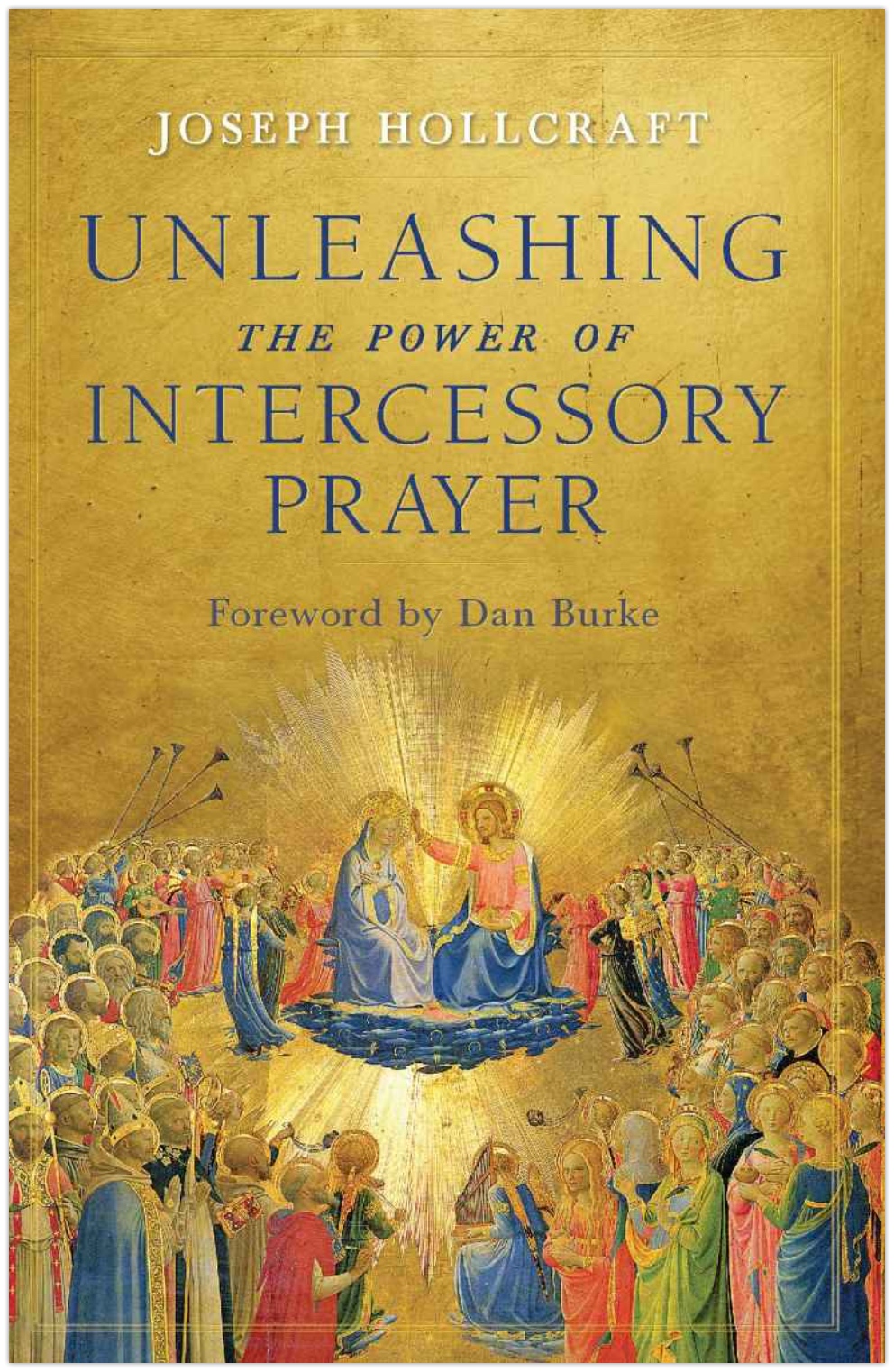The Power of the Holy Spirit (Like in Dynamite)
What do you think of when you first hear the word dynamite? The demolition of structures, gun-powder sticks, maybe a movie that featured the nitroglycerin based explosive; for myself, I will never be able to remove the fictional character of “J.J. Evans” (Jimmie Walker) from the 70’s sitcom Good Times. J.J.’s "Dyn-o-mite!" is the first thing logged into mind and memory.
More than just a sitcom superlative, the origin of dynamite is most intriguing. Dynamite was patented by the Swedish chemist Alfred Nobel, who coined the term dynamite from the ancient Greek word dynamis, meaning “power”. Dynamite and power go hand in hand.
What is true of the natural world can help us gain insight into the world of the supernatural.
In religious circle, we often use the word dynamic when we experience someone who is unique and lively in their presentation and teaching style. The word dynamic comes from the same root to that as dynamite, which speaks to the force like that of ‘a mighty wind’. The people during Jesus’ times experienced--par excellance, this dynamism.
In the opening chapter to the gospel of Mark, Christ is teaching in the synagogue (cf. Mk 1:21-28). The people were “astonished” as “he taught with one who had authority, and not as the scribes”. Where does the authority come from? The divine authority of God himself. Christ speaks with authority because his words are Spirit-filled, powerful, and effective; they actually do what they say. Christ is Word incarnate (cf. Jn 1:1).
In the account of the Ascension, Jesus promises his followers that they would receive the “power of the Holy Spirit” (Acts 1:8) to bear witness to his saving love. In this passage, the term ‘power’ comes from the Greek dunamis, a derivation of the aforementioned dynamis. At Pentecost, spiritual dynamite went off as “a sound come from heaven like the rush of a mighty wind” (Acts 2:2). The sound here was like that of a thunderous clapping noise (echoing the fiery descent of God on Mt. Sinai in the Exodus account).
Another word used for “power” in Sacred Scripture is energeia. The love we receive in the power of the Holy Spirit is like a force of energy putting into motion the very life of God.
This active power is what we receive in the Sacrament of Confirmation--our own Pentecost (cf. CCC, 1287, 1302). In the Sacrament of Confirmation, the gifts we receive at Baptism are stirred by a new energy in the gifts of the Holy Spirit that empower us to live a more dynamic life for God (cf. CCC, 1299).
Let us take the power (like in dynamite) that we have received in the Holy Spirit and proclaim the potency of God’s great love. In this power, we will discover the true meaning of speaking and acting under the influence of the Holy Spirit.


